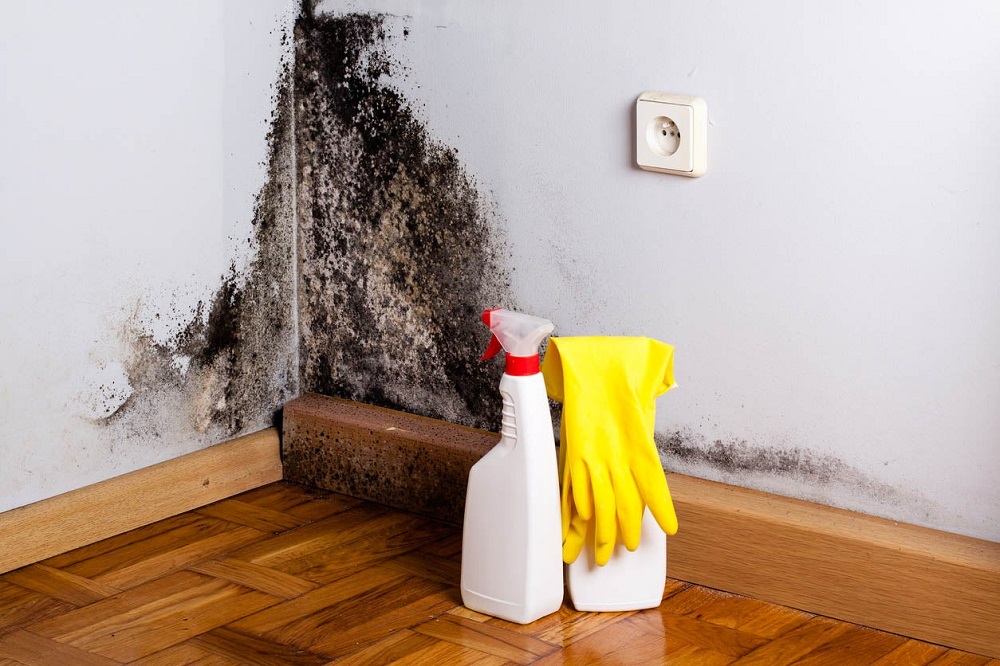
Fungi, such as mold, can flourish both indoors and outdoors. It frequently grows in moist or warm environments, including basements, bathrooms, kitchens, and laundry rooms. Additionally, mold can be discovered in clothing, building materials, and HVAC systems. Mold spores can be found in the air, on objects, or in the dust and are invisible to the unaided eye. Mold spores can germinate and proliferate when they come into touch with water. Staining, discoloration, and musty odors can be brought on by mold growth.
Mold can cause various health problems, such as allergic reactions, asthma attacks, and respiratory infections. Removing mold from your home or workplace is essential to prevent these health problems. The best way to remove mold is to hire a certified mold remediation company.
Mold certification training is a valuable investment for any company or individual in the mold industry. Investing in this type of training can help ensure your workers’ safety and the quality of your products.
What Is Mold Certification?
Mold certification is the process of proving that a mold is safe to use in the production of consumer goods. An independent third-party organization typically does this certification.
There are a few different ways to certify a mold. The most common method is to test the mold for toxicity. This involves growing bacteria or fungi in the mold and testing to see if the mold harms the organisms. Other tests may be conducted to check the mold for allergens or to determine if it can cause respiratory problems.
Once a mold has been certified, it can be used to produce products that will be safe for consumers to use. This certification is an essential step in the manufacturing process and helps ensure that our products are safe.
The Benefits Of Mold Certification
Mold is a fungus that can grow in homes and businesses and pose a severe health risk to people exposed. For this reason, many states and localities have adopted regulations requiring firms to be certified to work with mold.
There are many benefits to getting mold certification for your business. For one, it shows that you’re committed to protecting the health of your employees and customers. It can also give you a competitive edge in the marketplace, as more businesses must have this certification. And finally, it can help you avoid costly penalties if you’re found to be working with mold without the proper certification.
Who Should Take The Course?
Mold certification is an essential credential for anyone working in the mold industry. By becoming certified, you will show potential employers you have the knowledge and skills needed to work in this field. Certification can also lead to higher pay and more job opportunities. These courses benefit professionals who want to learn more about starting and running a successful business. Whether you’re an entrepreneur, a small business owner, or a manager at a large corporation, this course will give you the tools you need to start and grow a successful business.
For Whom Is Mold Certification Training Necessary?
Mold certification training is essential for those in the mold inspection and remediation industry. A certified mold inspector is someone who has been trained to identify and assess mold growth in homes and businesses. They can also provide recommendations on how to remediate the mold problem. It is essential to hire a certified mold remediation company to ensure that the mold is removed safely and correctly.
If you are interested in becoming a certified mold inspector or remediation specialist, there are a few things you need to know. This blog post will cover everything you need about mold certification training, including the benefits of becoming certified and the different certifications available for certified mold inspector training.
How To Choose The Proper Mold Certification Training For Your Needs?
Mold certification training programs are designed to provide individuals with the knowledge and skills they need to safely and effectively remove mold from homes and businesses. Many different mold certification training programs are available, and it is not easy to know which is right for you.
Here Are A Few Things To Consider When Choosing A Mold Certification Training Program:
- The kind of mold you’ll be working with
- your level of experience
- your financial situation
- The size of the workspace you’ll be using
If you keep these factors in mind, you should be able to find a mold certification training program that meets your needs.



